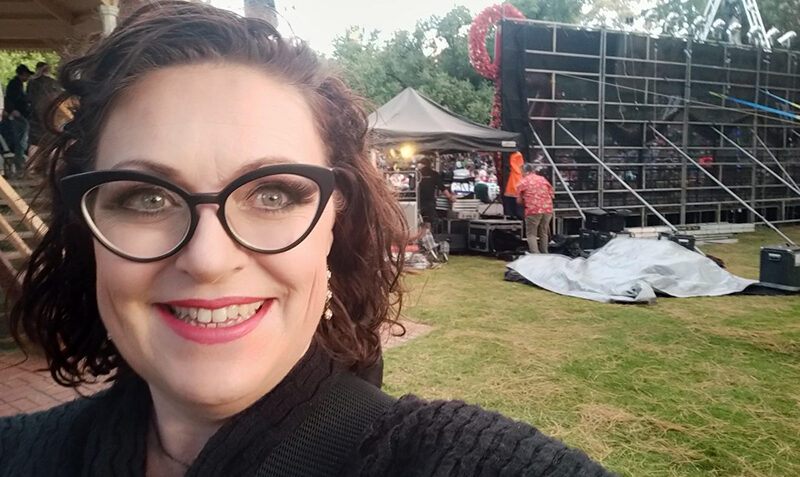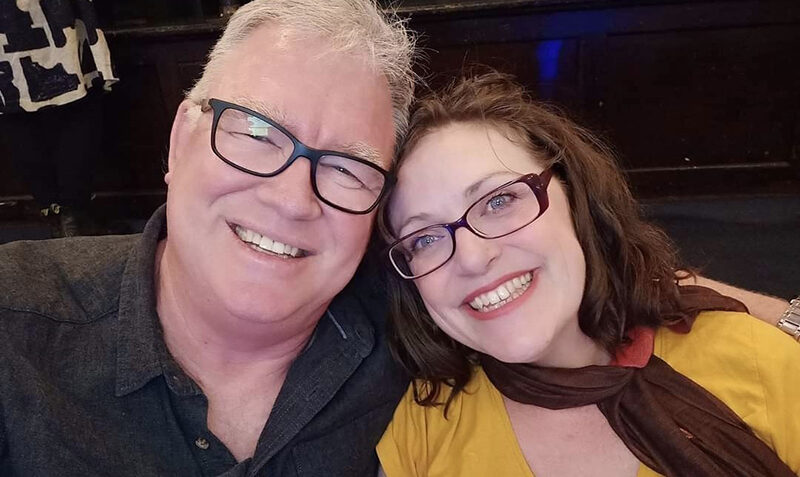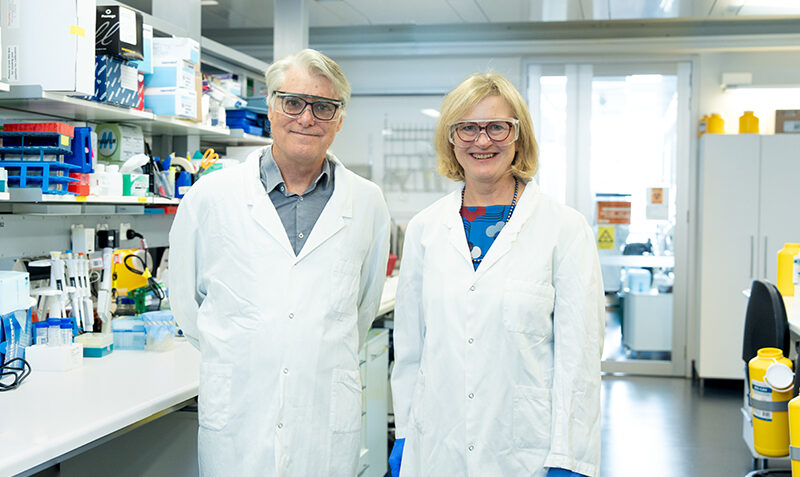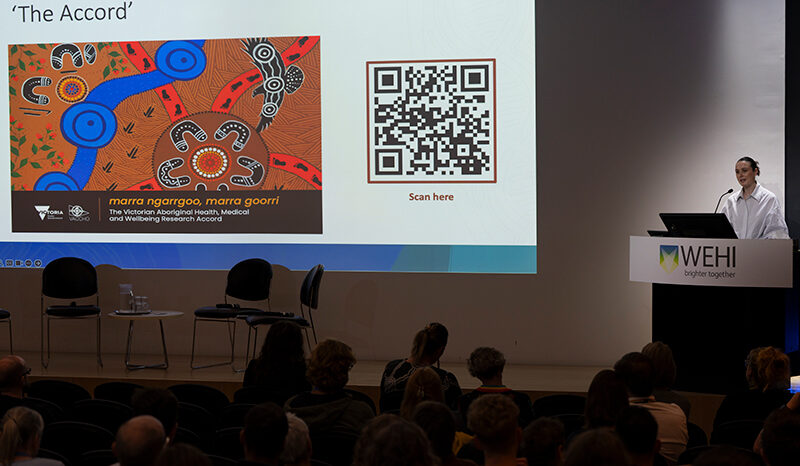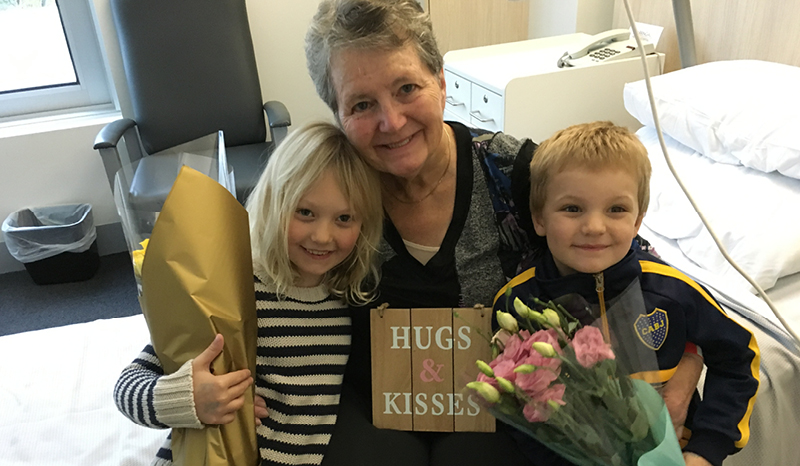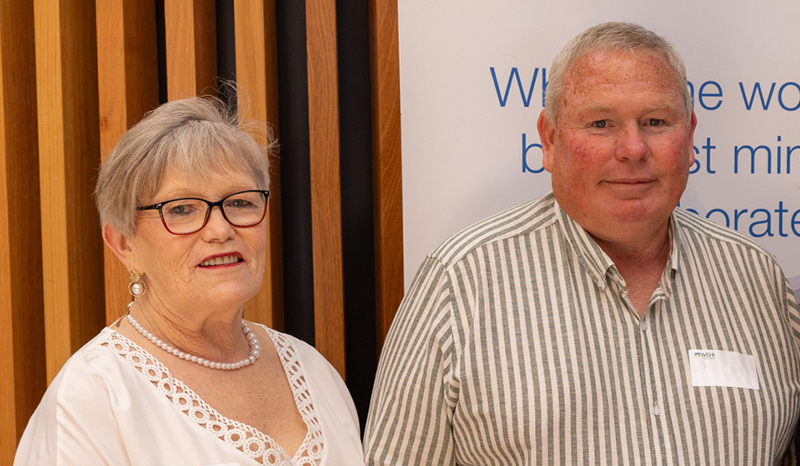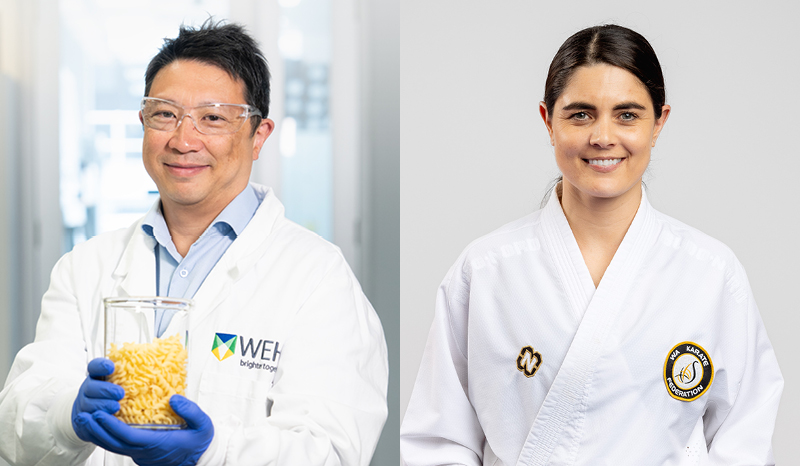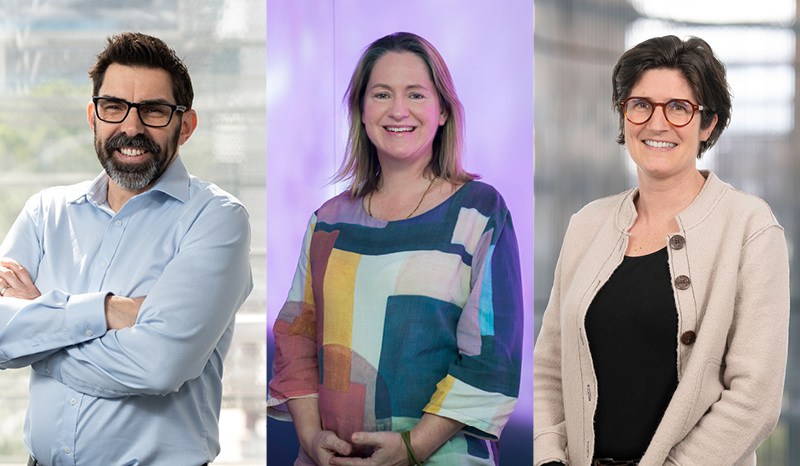Cayt McDougall doesn’t take feeling well for granted. For 20 years, she felt like her life was ‘on hold’, with complex airway diseases, including asthma, limiting her ability to enjoy being active with her children.
“Breathing should be something that happens automatically. When you have to focus on every breath and adjust your life around your asthma, it’s exhausting,” she says.
“At my worst point, I couldn’t even walk to the letter box. I lost my sense of smell and taste, and chronic inflammation impacted my hearing.
“As a trained classical singer, I had to stop singing, which is one of my passions. My breathing issues weren’t just a physical problem but were impacting my mental health.”
Cayt also had to move regularly because of her husband’s career in the defence force, which meant her doctors changed frequently.
“Each doctor had a different, often conflicting idea of why I was sick.
“Many just offered me short-term, ineffective treatments for my symptoms, making management even more challenging. Eventually, my asthma would simply become resistant to treatments.”
It was only when Cayt moved to Victoria and started to see clinical immunologist and respiratory physician Professor Jo Douglass AO at the Royal Melbourne Hospital that she began to experience real improvements.
Prof Douglass is also the co-lead of the Snow Centre for Immune Health.


